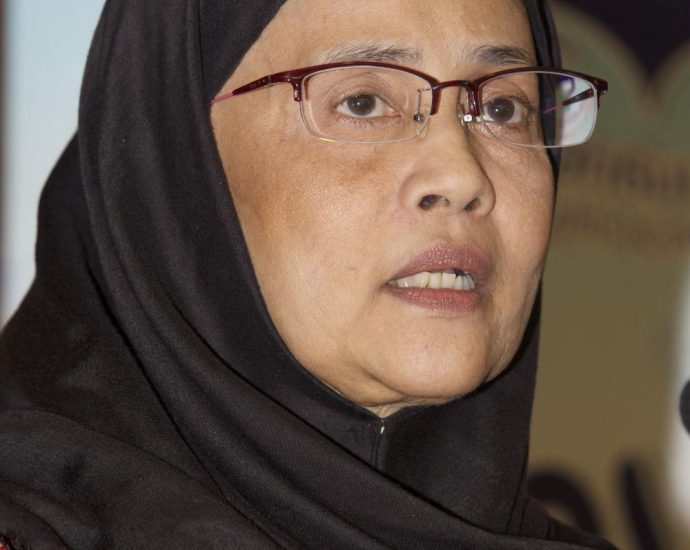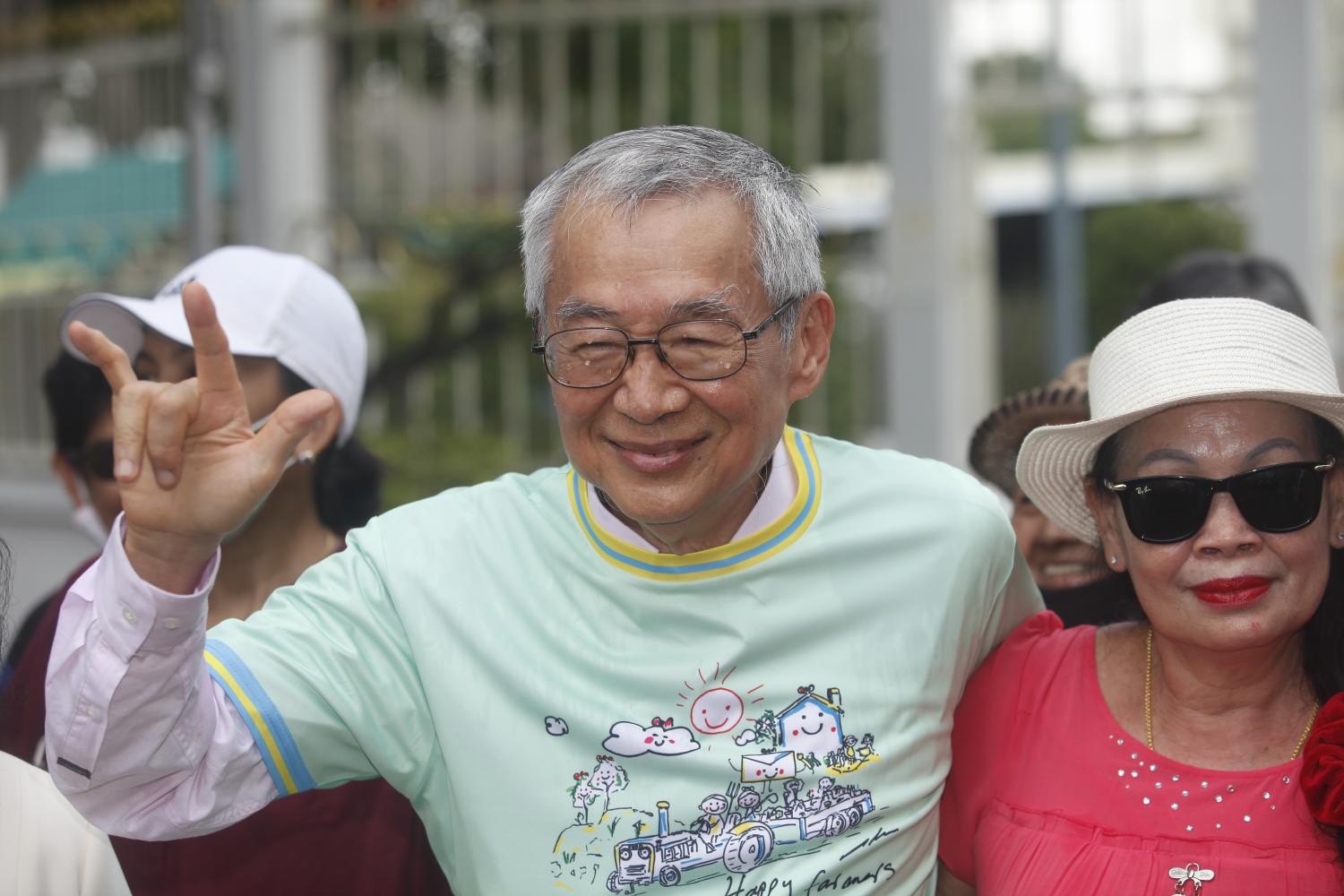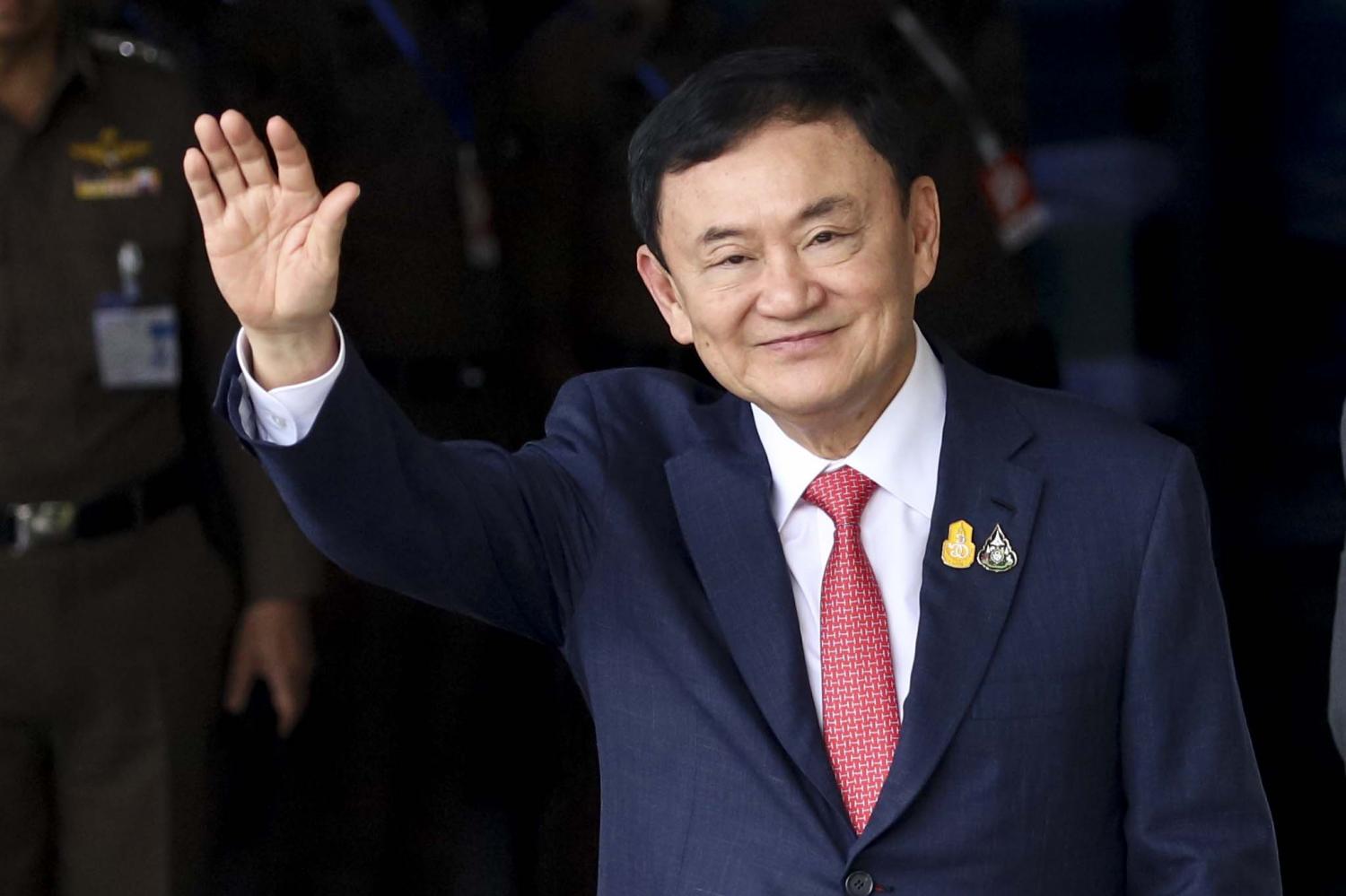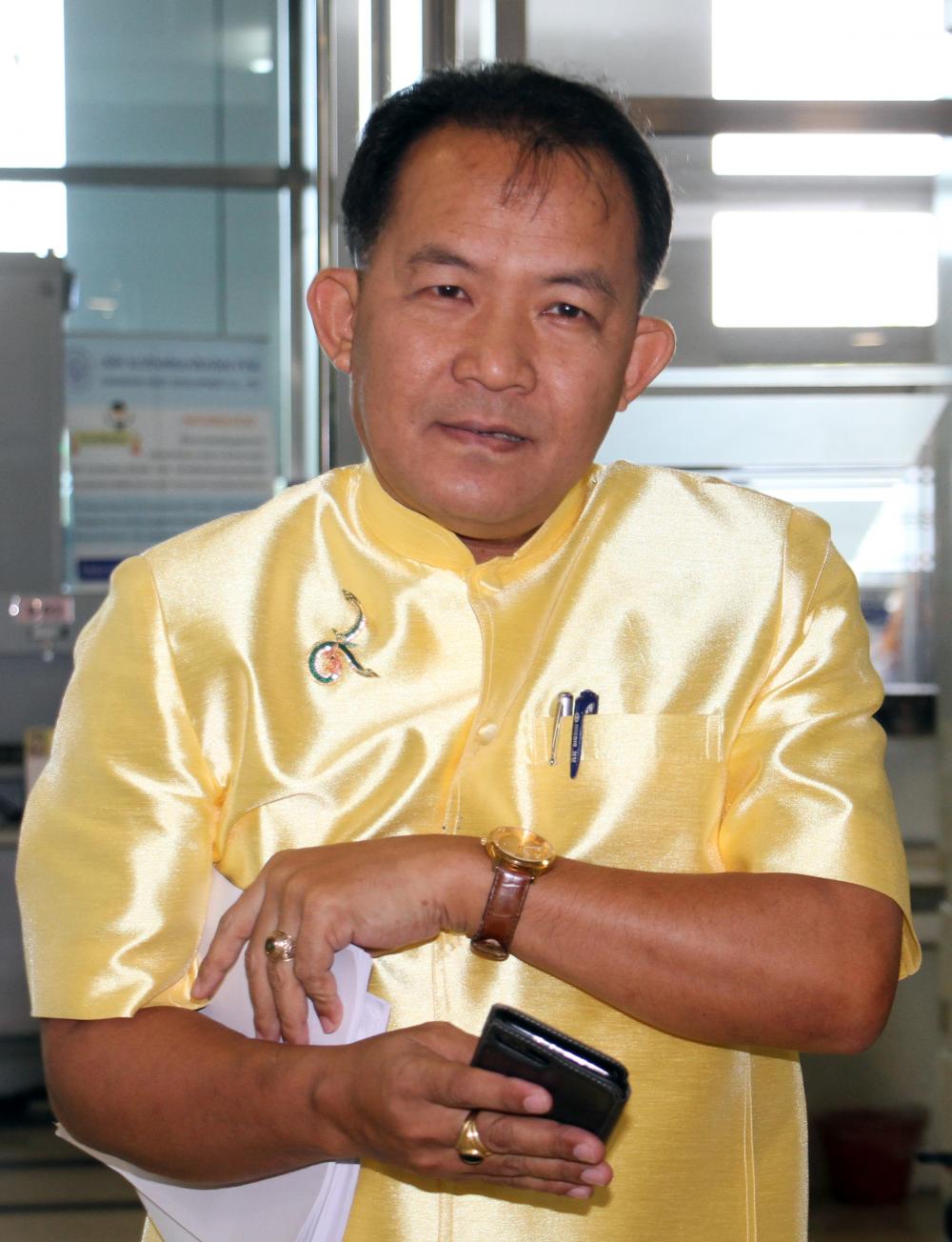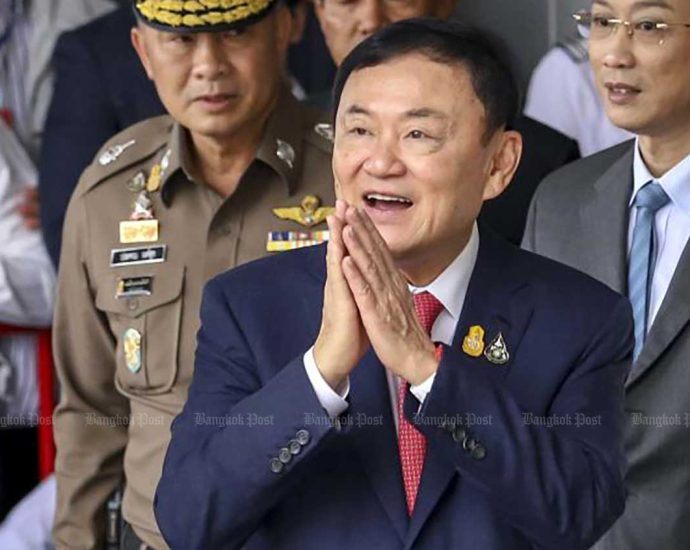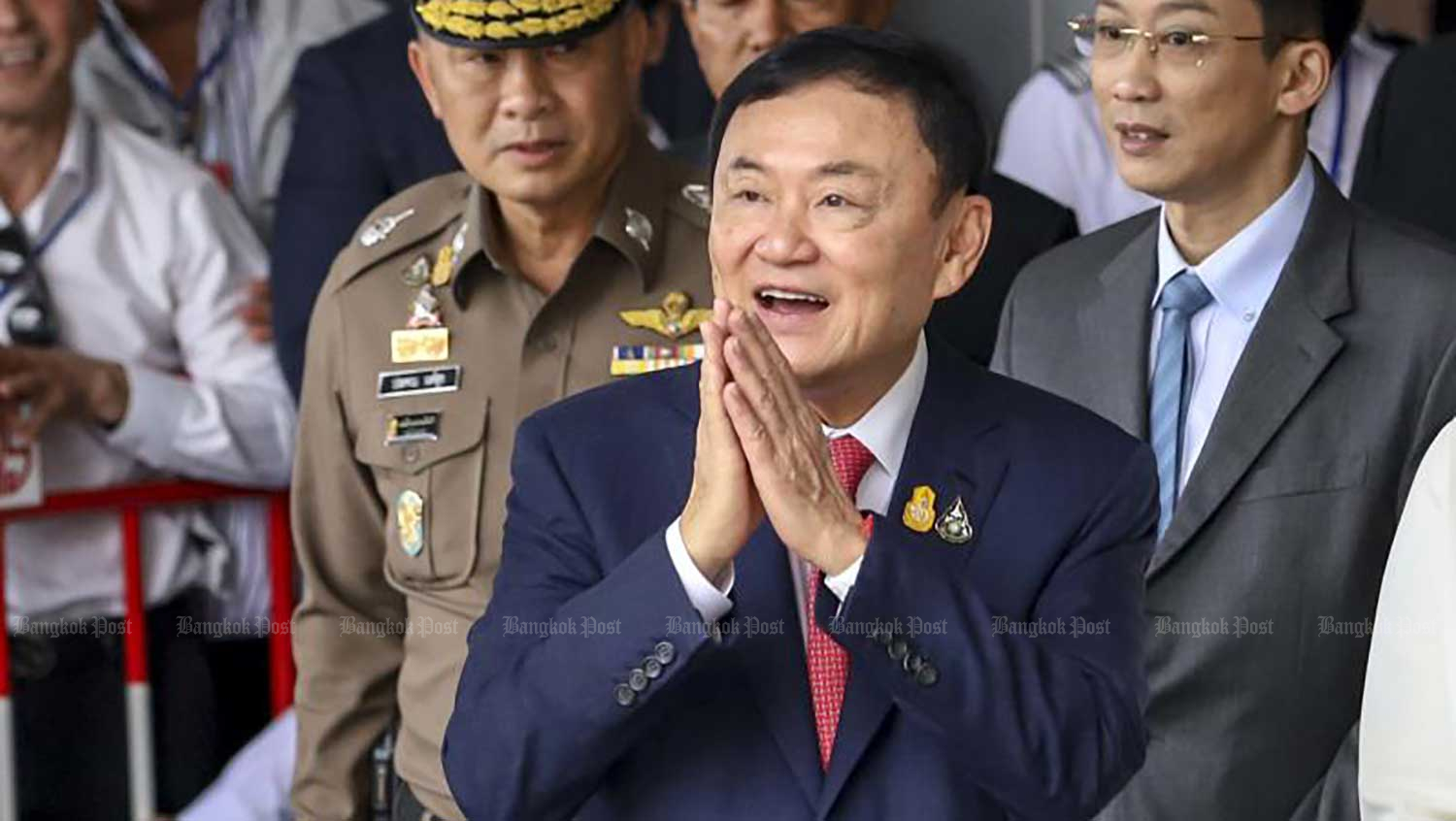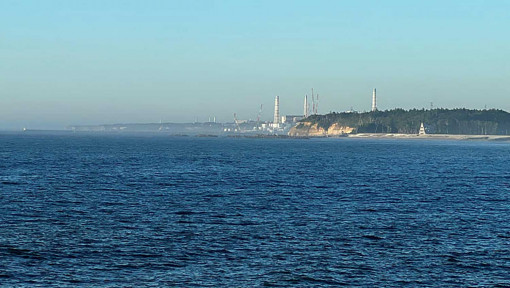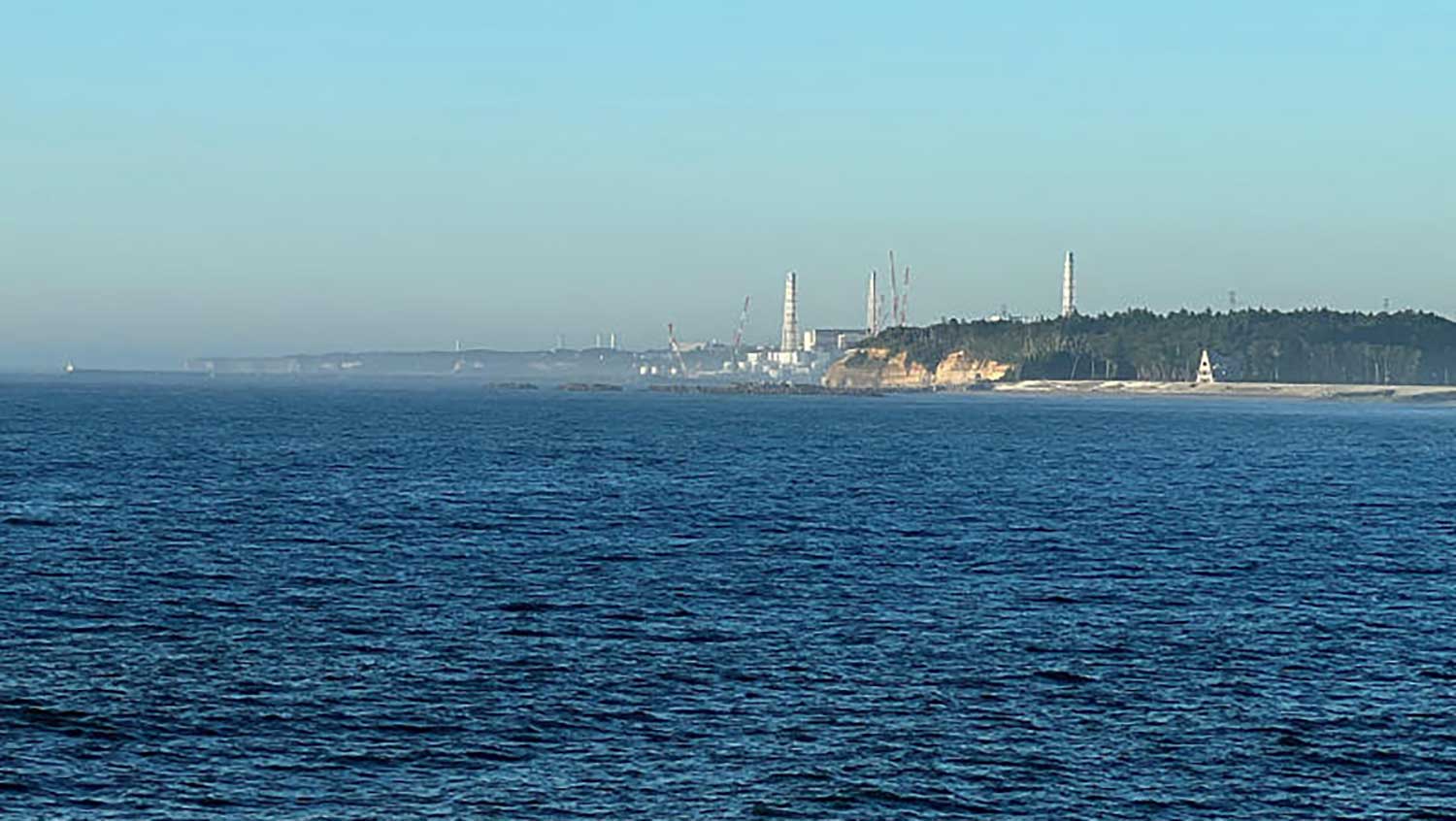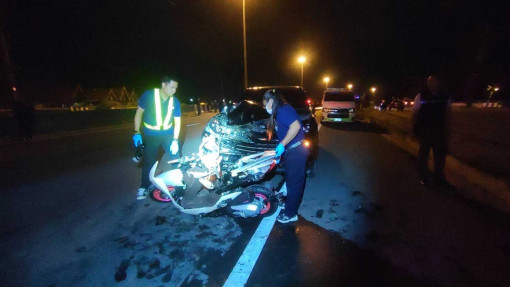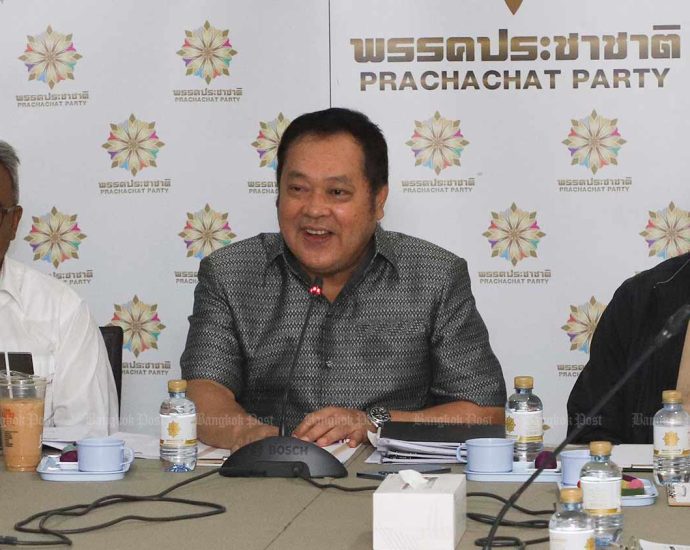Fears over Fukushima seafood rise

PUBLISHED : 28 Aug 2023 at 04:30
The Thailand Consumers Council (TCC) is urging the Food and Drug Administration (FDA) and the Department of Fisheries to tighten measures on imported seafood from Japan after several countries banned the products following the release of treated radioactive water from the crippled Fukushima nuclear power plant.
TCC official Panuchot Tongyang yesterday said China, Hong Kong and South Korea have suspended imports of Japanese seafood including live sea animals, frozen and dried seafood, sea salt and seaweed due to concerns about contamination.
Mr Panuchot said the radioactive material from the nuclear disaster in 2011 shut down Fukushima, and other adjacent cities were reported to have experienced abnormal radioactivity levels, making seafood unsafe to eat, despite assurances to the contrary.
“The FDA and the Department of Fisheries should impose precautionary measures as concerns have grown that consumers might face contaminated seafood,” he said.
Mr Panuchot also suggested that state agencies advise the public about safety steps they can take when buying seafood. “Even though side effects from contaminated food are not instant, long-term health impacts are possible,” he added.
Meanwhile, the FDA is maintaining a wait-and-see stance on the matter.
FDA deputy secretary-general Lertchai Lertvut said the FDA and various agencies will double the amount of seafood samples collected for testing to boost consumer confidence.
He said the first batch of Japanese seafood after the wastewater release will arrive in mid-September and will be inspected by both FDA and fisheries officials.


